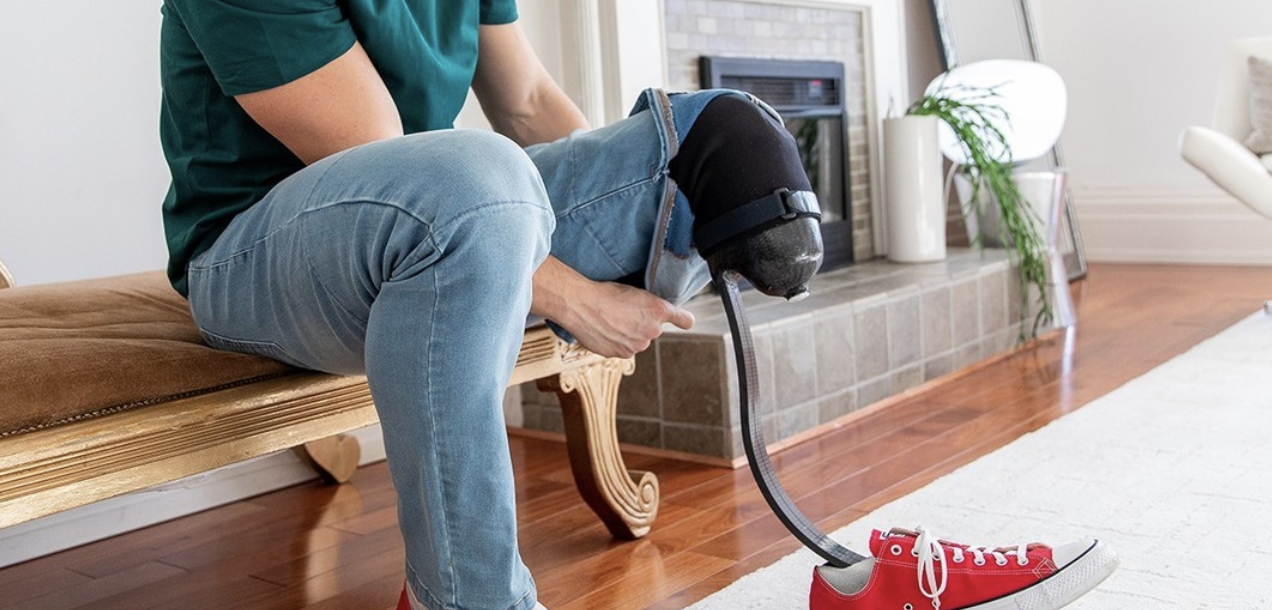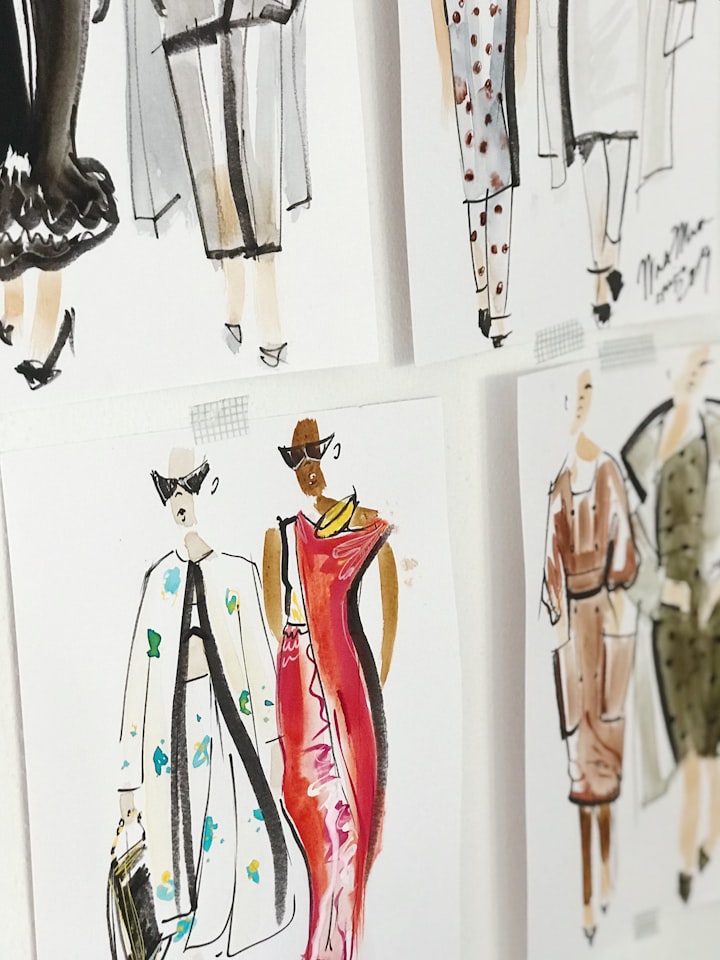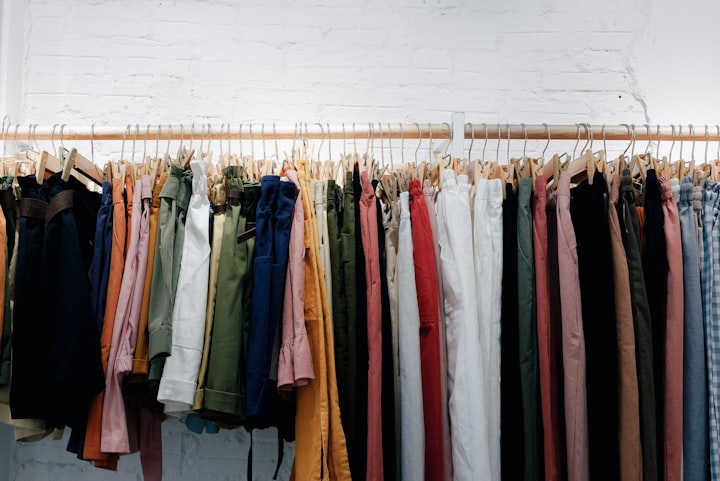Dhakai Cares About Adaptive Clothing Brands — And So Should You
More and more clothing brands have begun to strive towards a standard of inclusivity and accessibility in fashion. Read how Dhakai aims to help these brands along that path.

Imagine having an idea that could help hundreds of millions of people, and getting turned away from every resource because they think it’s not profitable enough, or not something worth caring about. If you’ve ever tried to start a business oriented towards disabled people, you may know this feeling. Business-minded people tend to forget the needs of disabled people because they don’t see it as profitable; they care too much about their margins to recognize the needs of approximately one billion disabled people across the world who together have a spending power of over one trillion US dollars.
A telling example is the apparel industry, which has a shamefully small number of brands offering adaptive clothing, and those that do often prioritize only functionality, with no concern for fashion. Whatever market exists for adaptive fashion consists of purely utilitarian garments. Whether the fashion industry doesn’t realize that disabled people—like all people—care how they dress, or just don’t understand how profitable the industry truly is, the lack of adaptive apparel is a gaping hole in fashion that a few brands are working hard to fix.
The Charlotte Letter, an adaptive children’s clothing brand, and No Limbits, a brand targeted towards amputees, are just two examples of companies looking to make fashion more accessible. These two brands have a few things in common. First, their founders have personal experience with a lack of accessible clothing and resources. Second, they care about fashion in addition to functionality. And third, after having trouble finding a manufacturer that could listen to their perspective and adapt to their needs, they started working with Dhakai.
Dhakai’s innovative sourcing approach allows owners to browse a database of hundreds of ethically and sustainably compliant garment factories. They can then match with the factories that suit their needs and communicate directly with them. This process allows brands like The Charlotte Letter or No Limbits to easily connect with manufacturers who are willing and able to bring their unique vision to life.
Dhakai serves as a sort of bridge between brands and manufacturers, but to small companies just starting up, it can mean a lot more than that. The reason adaptive clothing brands are drawn to Dhakai is because its team truly cares about each company’s mission. Founder and CEO Russel Karim knows how harsh the fashion industry can be from growing up surrounded by mistreated garment workers in Dhaka, Bangladesh. He hopes his company can not only make the industry more ethical for supply chain workers, but also more welcoming for buyers and brand owners. Dhakai aims to allow an opening into the industry for brands targeted towards underserved populations, such as the disabled community, to try to mend the problem of inclusivity and accessibility in fashion.
Learn more about Dhakai's mission at dhakai.com, or by emailing [email protected].




